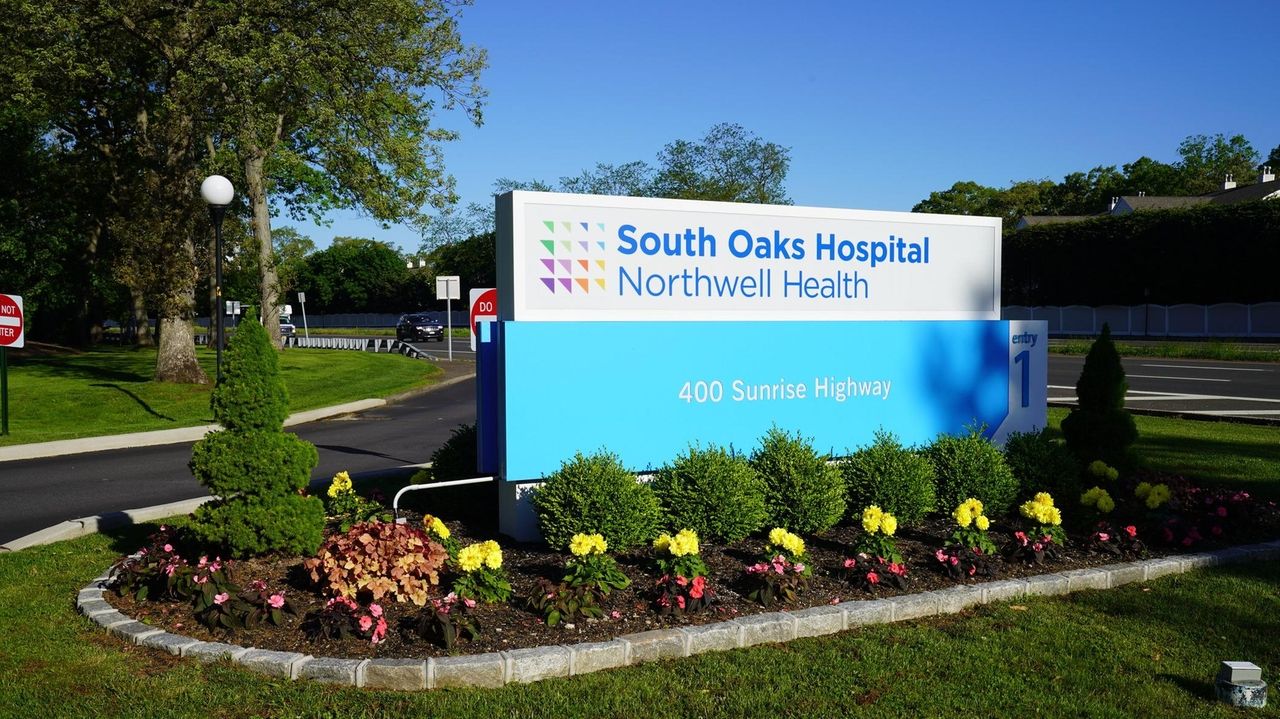Thirty-year-old Courtney Bowe is determined to follow her dream of becoming a flight nurse and attend to seriously injured or sick patients being transported in helicopters.
She’s got the ambition and the family background — her dad is a flight paramedic and her mother is a nurse. She’s finishing nursing school while working as a patient care technician at Peconic Bay Medical Center in Riverhead.
But a few years ago, those plans were almost derailed. Overwhelmed by school, work and life, Bowe, of Medford, felt lost and depressed, unable to articulate her pain. She got treatment through the Behavioral Health College Partnership at Zucker Hillside Hospital in Glen Oaks, part of Long Island Jewish Medical Center. It’s a unique inpatient program that focuses specifically on college and graduate school students, a population that is experiencing what experts call a mental health crisis.
A success story, Bowe will help open a second location for the program at South Oaks Hospital in Amityville on Tuesday.
“When you are in a setting like that, you’re getting a break,” Bowe told Newsday in a phone interview. “You’re not at work and you’re not in school. You don’t have to feel guilty because when you’re doing it outpatient, you’re balancing all of those things together … you need 100% of your focus.”
Motivation, she said, is key.
“If you don’t want to do it, it’s not going to work,” Bowe said.
The unit at South Oaks is housed in an existing 4,200-square-foot wing of the hospital and has the capacity to handle between nine and 15 beds. Patients stay between seven and 14 days, working in group and individual therapy. Doctors help with an accurate diagnosis, medication regimen and accessing treatment as an outpatient. The students grapple with different mental health issues, such as depression, anxiety, suicidal thoughts, bipolar disorder and borderline personality disorder.
“College mental health continues to be a major concern, if not the most imminent concern on college campuses,” said Laura Braider, a psychologist and assistant vice president for college mental health at Northwell Health who oversees the program. “They are adults, but sometimes they don’t function as adults and they need help. We are able to provide the specialized care for diagnoses that emerge during the college years.”
Braider said there is a strong need for a second specialized unit.
“We’re often overflowing,” she said. “There’s almost always kids who have to be admitted to other units and transferred over.”
The environment in psychiatric hospitals is important to a patient’s recovery and is part of the treatment, said Michael Scarpelli, president of Zucker Hillside Hospital and South Oaks Hospital.
“If you have individuals all around doing the same type of work together, they actually benefit from one another just as much as they benefit from the programming,” he said. “When you start to think about it, if I’m also a college kid going through something very similar, you’re bonding over it.”
Staff at the Behavioral Health College Partnership work with more than 100 colleges across the state and on Long Island, including Hofstra University, St. John’s University and Molloy University.
The Zucker Hillside unit was featured in a 2024 documentary, “One South,” which showed several patients including Bowe. While she thought she had been battling depression, she was diagnosed with borderline personality disorder, which can make it difficult for a person to control their emotions and impacts how they feel about themselves and their relationships with others. A change in medication and focused therapy made all the difference, she said.
Now Bowe is looking to an intensive care unit fellowship and a 2026 graduation date from nursing school.
Lisa joined Newsday as a staff writer in 2019. She previously worked at amNewYork, the New York Daily News and the Asbury Park Press covering politics, government and general assignment.
